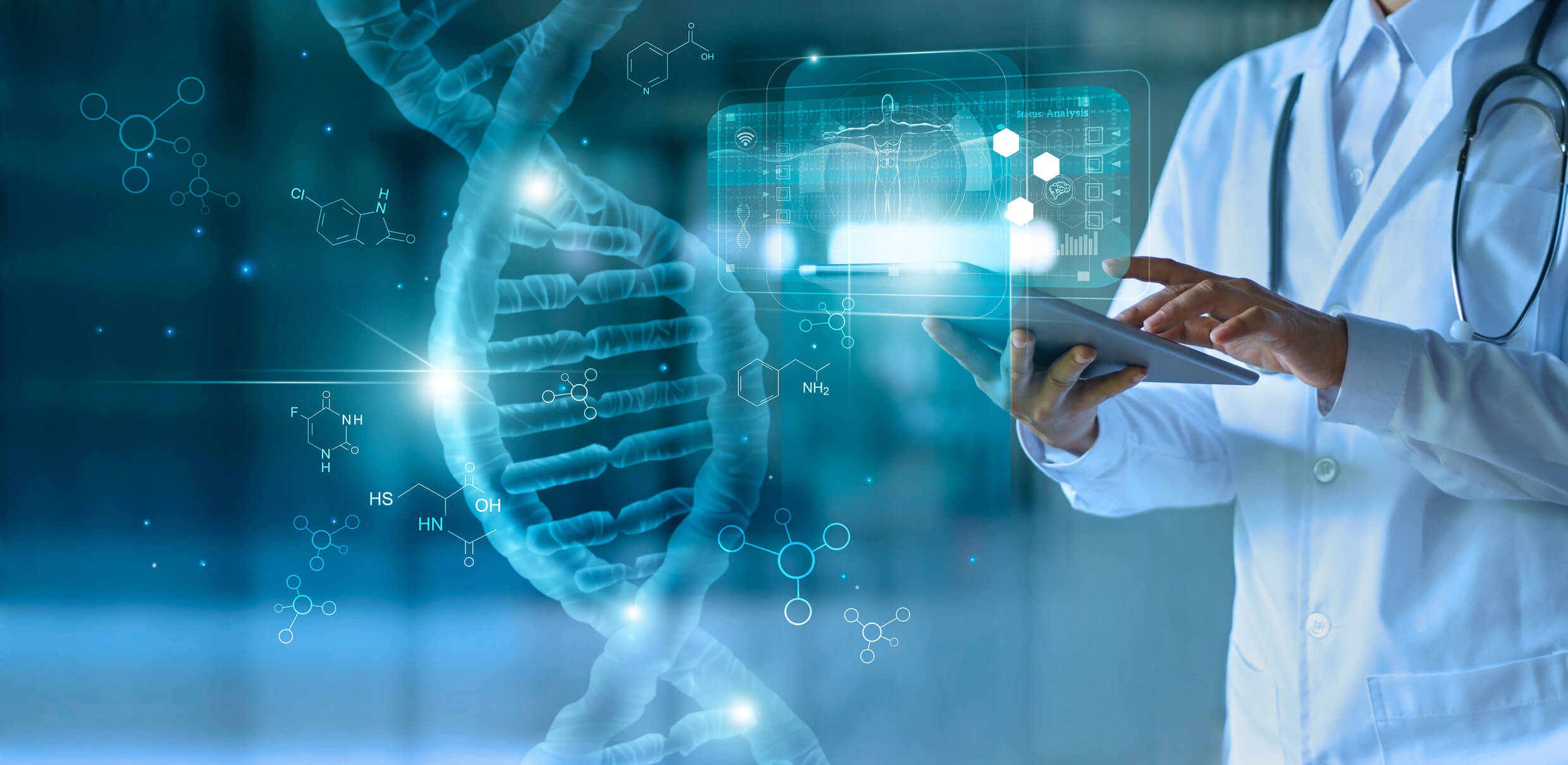Diversity and application of microorganisms
Overall Course Objectives
The aim of the course is to give the students an insight in the functional and species diversity of microorganisms (bacteria, archaea, and microeukaryotes) to understand their positive and negative roles in the environment – including the human body, and their potential application in biotechnology. The course includes an introduction to microbial physiological and ecological concepts valuable to biotechnological, medical, ecological, molecular, and food related disciplines.
Learning Objectives
- Give an overview of microbial evolutionary diversity.
- Give and overview of microbial physiological diversity.
- Explain the problems associated to classification and species concept of microorganisms.
- Design experiments and explain methods that can be used to identify microorganisms.
- Explain important microbial interactions, including some of the molecular mechanisms underlying these.
- Explain basic microbial ecology – including methods allowing studies of microorganisms in situ.
- Describe commercially important microorganisms and the processes they are used for.
- Evaluate conventions regulating commercial exploitation of microorganisms.
- Describe different screening methods for biotechnologically and innovation relevant microorganisms.
- Describe how microorganisms with interesting properties can be isolated from natural samples.
Course Content
An overview of microbial biodiversity by going through phylogenetic, taxonomic and physiologic differences and similarities of bacteria, archaea, and eukaryotes – focusing on organisms relevant to biotechnology and biomedicine. The following areas will be covered:
• The species concept. Evolutionary based classification. Description of new species. Phylogeny vs. classical taxonomy.
• Important groups of microorganisms, and their metabolism.
• An overview of biodiversity from individual to ecosystem. Microbial ecology.
• Isolation and identification of microorganisms, and screening for new products/metabolic capabilities.
• Nutritional requirements, and design of media. Bioconsortia, habitats, incubation conditions, and culture collections.
• Biotechnological exploitation of microbial biodiversity.
Teaching Method
Lectures and group work
Faculty
Remarks
This course has several elements that the participants can use in DTU’s Study Conference on sustainability, climate technology and the environment (GRØN DYST). More information on http://www.groendyst.dtu.dk/english



